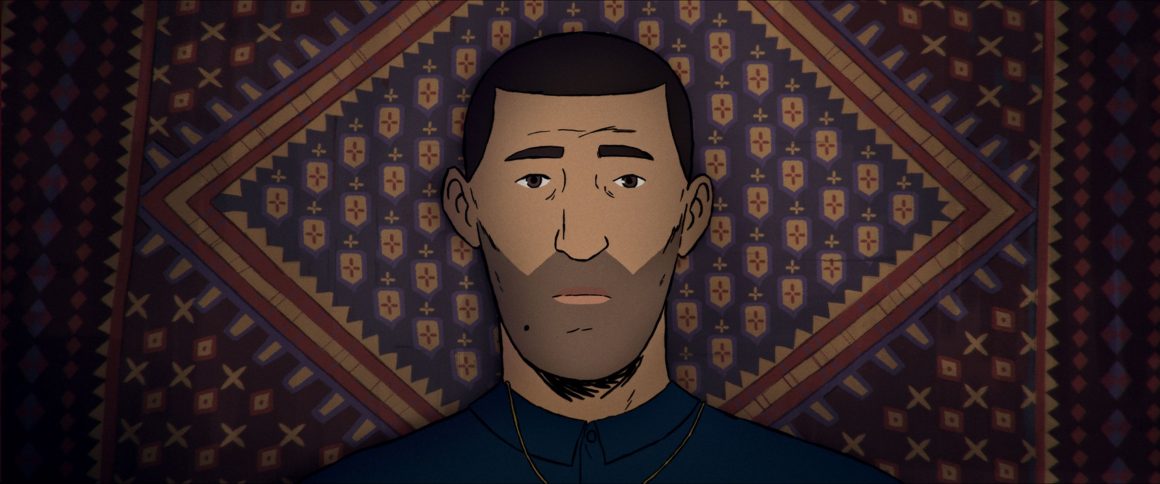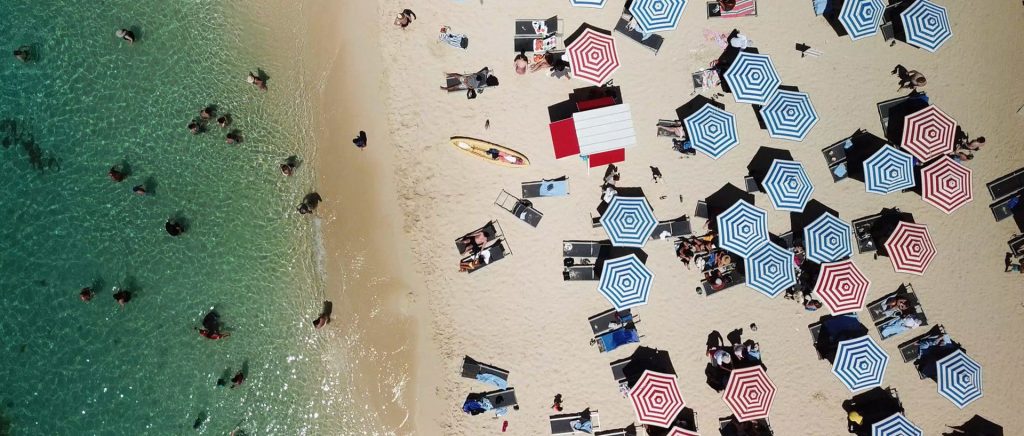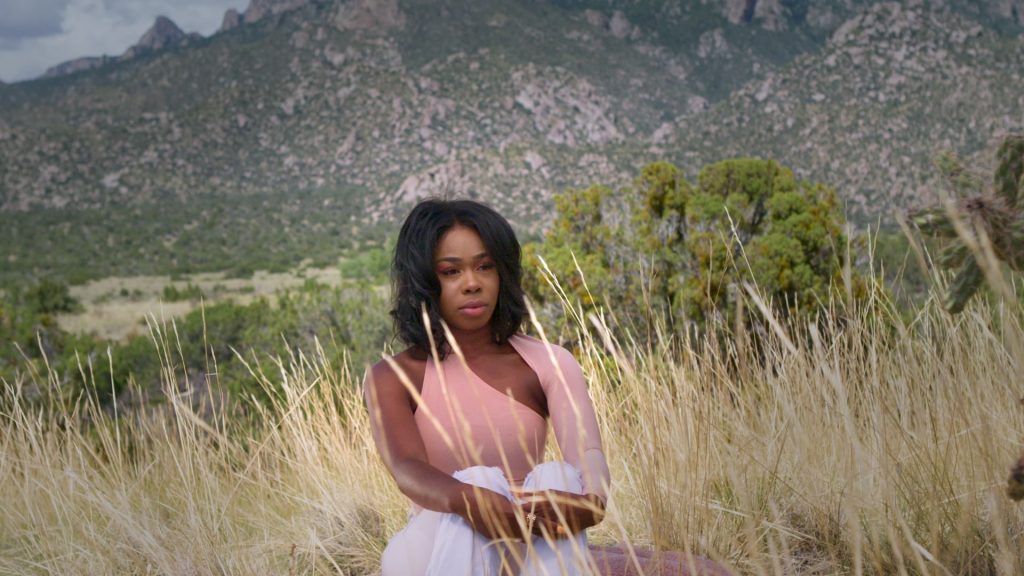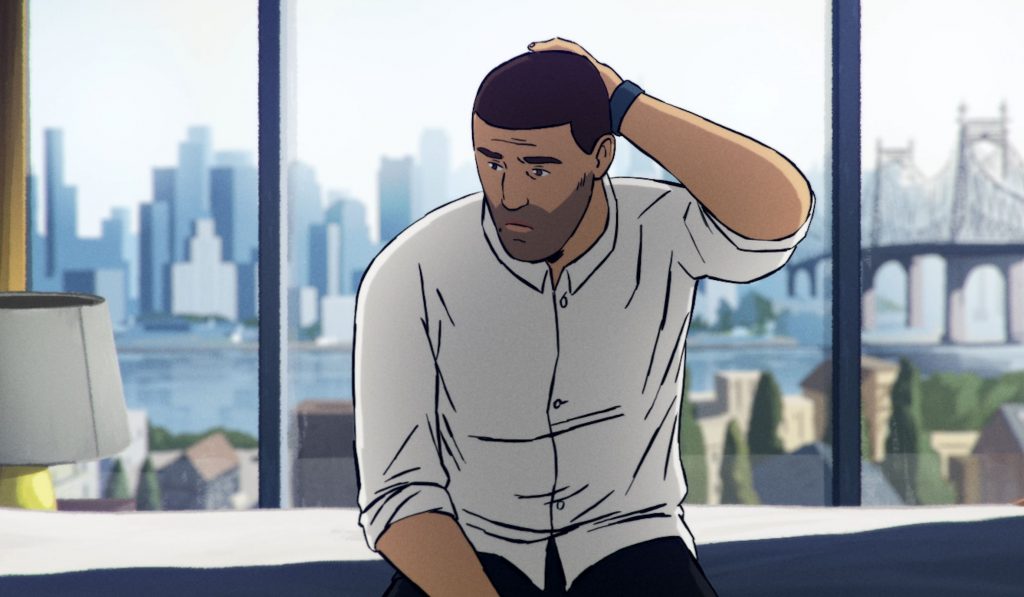
CIFF 2021 Reviews: Documentaries
By Rachneet Randhawa, December 27 2021—
This year at the Calgary International Film Festival (CIFF) documentaries were a full on sizzle, as they cracked open controversial and stigmatized subject matter. For us, it was incredibly difficult to decide on the best documentary features, as this category was one of the strongest contenders. Here are three finds that focus on refugees, BIPOC and women’s empowerment and lastly sustainable tourism.
The Last Tourist:
This was by far the best documentary and our editor’s top pick for best documentary at CIFF 2021. The film rivals the real consequences of one of the world’s largest industries through the forgotten voices of those working in the shadows and addresses the environmental and socio-economic problems with mass tourism — from Caribbean beaches to remote villages in Kenya.
It addresses everything from massive overcrowding of world-renowned tourist destinations including exotic and remote islands which have now been ravaged, luxury cruise liners which are sailing dumpsters of pollution disguised as these behemoth entertainment complexes, abuse towards captive animals, volunteer tourism and its saviour complex and the recent shock to the travel industry given by the worldwide pandemic.
It unapologetically sheds light on the average and modern-day tourist and demonstrates that travel has reached its tipping point and has grossly overlooked the real conditions and consequences of a trillion-dollar industry. And it gets worse. The most shocking example in the film was orphanages in developing countries that cater to so-called volunteer tourists from more affluent nations.

Volunteer tourism has become a niche industry itself with organizations in these countries taking children from local villages to come and board at the schools, ripping them away from their families who have no choice but to give them up due to poverty. The children are taught to lie and claim that they’re alone just so they can cater to the paying customers or volunteers who hope to have gained that experience to feel good about themselves and snap a few selfies. Unfortunately, these kids go on to have long-term mental health issues.
Alternatively the narrative offers some proactive solutions to the flaws of conventional leisure and vacation travel. For example, partnering with local Indigenous communities in the Global South such as Peru and investing in artisan women-owned and operated craft making and garment collective or alternative modes to boarding and staying with host families and learning the indigenous People’s way of life are some of the options explored in the film. Of course, sustainable tourism is a relatively new concept and most of us haven’t taken a moment to pause and reflect until travel bans were imposed thanks to COVID on how our eco-footprint in travel affects the environment or how voting with our dollar in where we choose to go affects the livelihoods of the locals in a foreign destination so drastically.
For those of you who are travel bugs, you can relate. But remember we can choose to make an intentional choice of how we travel and be part of the solution and instead of living in a damage control society be results-oriented and a benefactor to the triple bottom line of People, Profit and Planet.
Country: Canada
Rating: 5/5
Subjects of Desire:
Our official selection for women’s empowerment is a story that examines the cultural shift in North American beauty standards towards embracing Black aesthetics and features. Society’s new craving for fuller lips, spray-tanned skin, cornrows and braids and athletic bodies indicate the Black women’s beauty standard is the new craving.
The film gives an example of the Miss Black America Beauty pageant having become a source of empowerment for Black women. This film explores manifestations of this shift by examining the historical and popular cultural expression of Black and white beauty.
The film takes the stance of reflecting on both the past and present and addressing controversial issues such as the Atlantic Slave Trade and its ramifications of how African Americans treat one another until the present day. One of the topics discussed was the controversial light-skinned versus dark-skinned argument. Also, Black women are falsely type-casted by the media into three categories: The Caretaker or maid, the Jezebel or the overly sexualized woman and lastly the Angry Black Woman.

This film is told through the point of view of women actively engaged in dialogue who come to understand these in-depth and intimate perspectives for how a Black woman may feel being stereotyped as such. At the end of the day, this film challenges the status quo of conventional beauty standards and continues to celebrate Black beauty unapologetically.
Country: USA
Rating: 4.5/5
Flee:
Winner of the World Cinema Grand Jury Prize for Best Documentary at this year’s Sundance Film Festival, Flee is the story of an Afghan refugee who agrees to tell his tale of persecution and escape on the condition that his identity not be revealed. It follows this young 8-year-old Afghani boy’s life as a child refugee following his early years in Afghanistan in the 1980s with Amin Nawabi.
The protagonist being the youngest of five siblings is forced to flee with their mother after the father is arrested during the civil protests. From the takeoff, they faced tumultuous obstacles waiting for prolonged periods as they took refuge in Russia and tried to get to the eldest sibling in Sweden. Amin ends up on his unique journey as he randomly ends up in Denmark as he spends the rest of his young adult years on his own while grasping onto his burgeoning identity being an 2SLGBTQIA+ youth.

Now all grown up, and 20 years later a successful academic in Denmark, he reluctantly begins to reflect on these early and traumatic childhood experiences. Amin hopes to have closure as he is about to settle down and marry his long-time boyfriend as he is confronted with secrets from the past that made him the man he is today. This film was the one to truly teach me what it’s like not only to be a child refugee and the PTSD faced at times, but also the intersectionality and overlapping identities of Amin being gay and a coloured person.
This enables you to look past the politics of war-torn Afghanistan and take a magnifying and perhaps even introspective look in the everyday lives of the bystanders of the struggles they face in demolishing their old lives and reestablishing themselves once again in a new land of strangers.
Country: Denmark
Rating: 5/5
